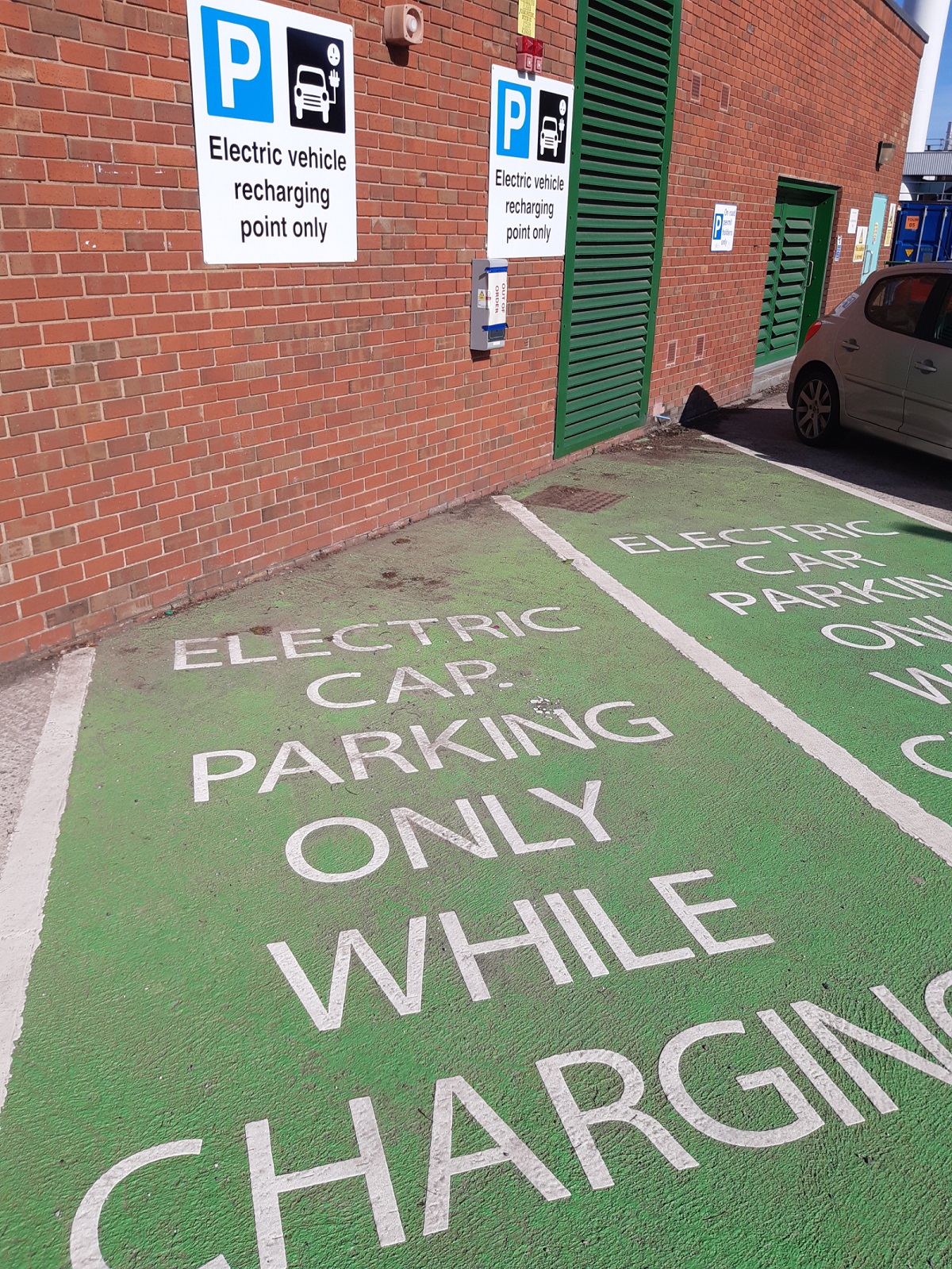Green Plan outlines ongoing efforts to reach net-zero targets

Chesterfield Royal Hospital NHS Foundation Trust is showing its commitment to carbon reduction with the launch of a comprehensive Green Plan.
The trust recognises it has a wider responsibility to public health that includes reducing its own carbon footprint to improve the environment and lead by example to place a focus on prevention of illness as well as treatment and cure.
The critical work which we have managed to complete is to fully map the carbon output of all the trust activities in the financial year before the pandemic
And the new Green Plan ties in with a national commitment which saw the NHS release its Net Zero Plan with the aim of being the world’s-first carbon-neutral health system.
At Chesterfield, work has involved looking at hundreds of different elements, including transport, electricity, waste, medicines, anaesthetic gases, supply chain, and staff commuting, and what could be done to influence a reduction in emissions.
The Environmental Strategy Group
The trust has formed an Environmental Strategy Group with board representation, which meets regularly to discuss how measures can be improved, including spearheading the introduction of more recycling bins across the site to encourage recycling and reduce waste.
Lee Outhwaite, the trust’s director of finance and a member of the Environmental Strategy Group, said: “The critical work which we have managed to complete is to fully map the carbon output of all the trust activities in the financial year before the pandemic.
“We now have a carbon baseline to measure from. “We are also reviewing our approach across the Joined Up Care Derbyshire Integrated Care System to make sure we have a common approach and agenda around lessening our overall environmental impact.
“In the trust we have specific areas of work we are intending to undertake about reducing carbon, in line with national expectations.”
Making a start
Sally Ludditt, health, safety and environmental advisor at the trust, adds: “We’ve already done quite a bit of work towards reducing our carbon footprint.
“For example, all of our electricity supplies are now 100% renewable, we’ve introduced plastic and tin recycling in all ward areas, we have an online reuse system, paper consumption has been dramatically reduced as we become more digital, and the estates department is developing a Net Zero roadmap.
What the Green Plan underlines is our total commitment to the national plan and how we intend to play our part
“We’ve also installed electric car charging points, launched a cycle to work scheme enabling staff to get an electric bike, and have installed new bus shelters and digital displays as part of widespread plans to promote sustainable commuting.
“Also, sustainability questions now form part of all tendering processes and we’re exploring more-environmentally-sustainable approaches to heat and power.
“It’s quite an undertaking, but the trust has been promoting environmentally-friendly activities for some time and we have many enthusiastic staff and a Staff Environment Group which has driven forward initiatives such as recycling, reuse schemes, litter picking, and vegan food options.
“What the Green Plan underlines is our total commitment to the national plan and how we intend to play our part.”